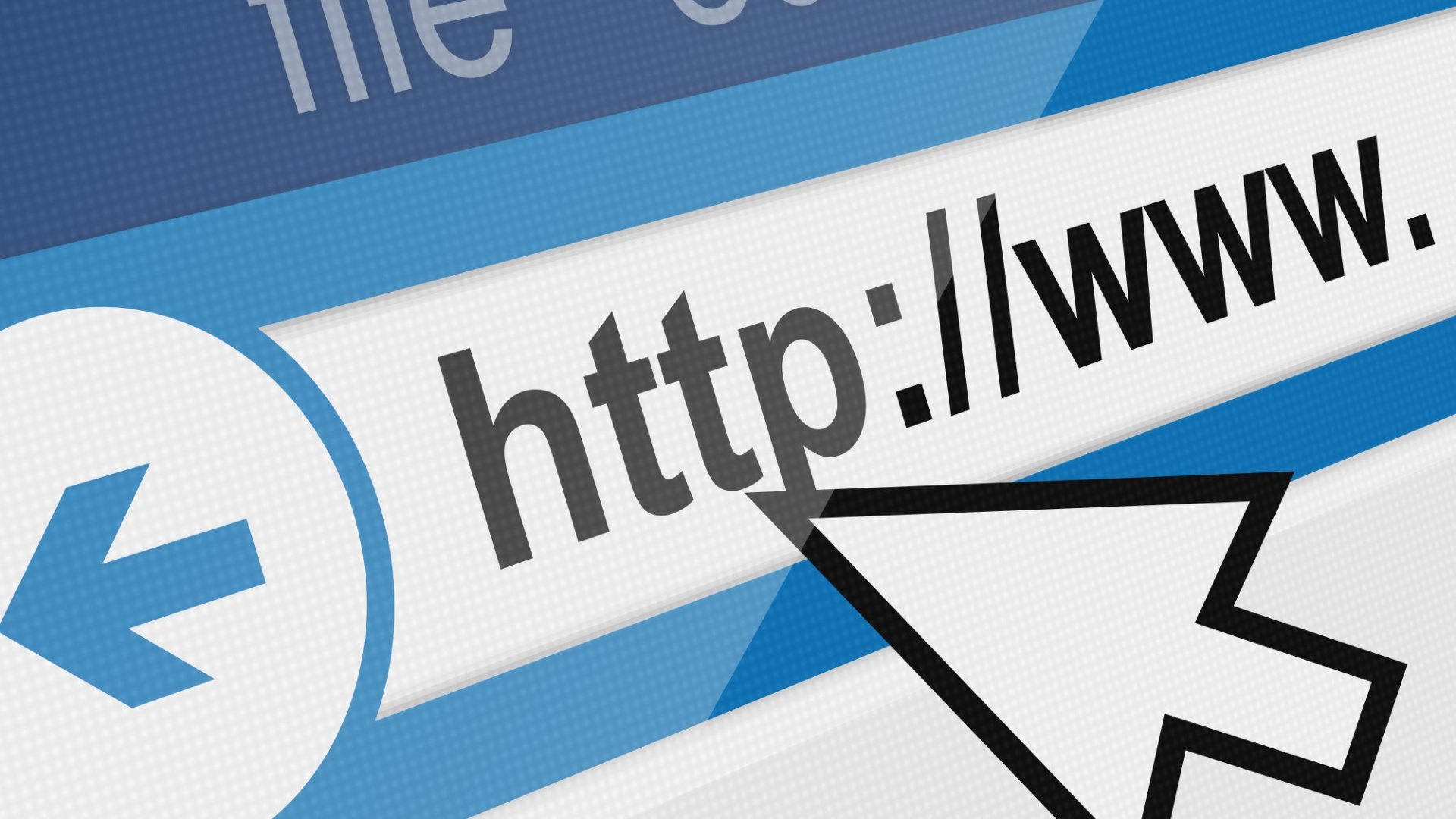As the digital landscape evolves, web development is at the forefront of innovation. Here are five technologies that are shaping the future of how websites are built and experienced.
1. Artificial Intelligence (AI) and Machine Learning
AI-powered tools like ChatGPT are revolutionizing web development by automating tasks, improving user experience, and enabling personalized content delivery. Machine learning algorithms analyze user behavior to create smarter, data-driven websites.
2. Progressive Web Apps (PWAs)
PWAs blur the line between web and mobile apps. They offer fast load times, offline functionality, and native app-like experiences—all while being accessible through a browser. Businesses are adopting PWAs to improve engagement and performance.
3. WebAssembly (Wasm)
WebAssembly is a game-changer for performance-intensive applications like games, video editing, and data visualization. By running code closer to native speeds in the browser, Wasm opens new possibilities for web developers.
4. Voice Search Optimization
With the rise of smart speakers and voice assistants, optimizing websites for voice search is becoming essential. This includes implementing natural language processing and schema markup to enhance discoverability and user interaction.
5. Blockchain in Web Development
Blockchain is no longer just for cryptocurrencies. Decentralized applications (dApps) and blockchain-based authentication systems are paving the way for more secure, transparent, and efficient web solutions.
Final Thoughts
Web development is constantly evolving, driven by emerging technologies and changing user needs. Staying ahead of these trends ensures your projects remain innovative and competitive.
What technologies are you excited about? Share your thoughts in the comments
